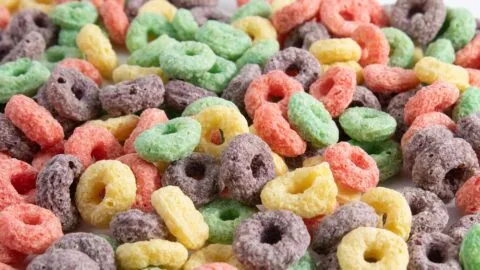April 30, 2025
A study published in JAMA Internal Medicine suggests that a higher intake of butter is associated with increased mortality while a higher intake of plant-based oils is associated with reduced mortality [1]. Fats: the good, the bad, and the ugly Previous research has found that not all dietary fats are created equal. Results of different studies...
April 09, 2025
A recent study investigated the impact of eight different mid-life dietary patterns on the odds of healthy aging, including cognitive, mental, and physical health [1]. You are what you eat Diet is an easily modifiable intervention in aging, as what we eat has a tremendous impact on our health. There is a wealth of evidence...
March 18, 2025
A new study published in Nature Metabolism suggests that even a short period of eating loads of sweet and fatty snacks can cause brain changes reminiscent of those seen in obesity and type 2 diabetes [1]. What can go wrong in five days? If you usually eat healthy and take care of your body, there’s...
January 28, 2025
Scientists have presented GroceryDB, an open-access online database that measures the degree of processing of tens of thousands of products sold in three major US grocery chains [1]. What is ultra-processed food? While there is no universally accepted definition, the NOVA food classification system is widely used, and it defines ultra-processed food as “industrially manufactured...
November 20, 2024
An analysis of data from over twenty thousand people has indicated that greater dietary diversity is associated with slower biological aging [1]. Your health is what you eat Good dietary habits are linked to many health benefits, and different diets were previously reported to impact the speed of aging and senescence. For example, adherence to...
November 05, 2024
Scientists have found that both a ketogenic diet and oral supplementation with ketone bodies alleviate symptoms of multiple sclerosis, a serious autoimmune disorder, in a mouse model [1]. Keto and autoimmune diseases In ketogenic diets, the vast majority of calories are derived from fat, some from protein, and almost none from carbohydrates. While a ketogenic...








